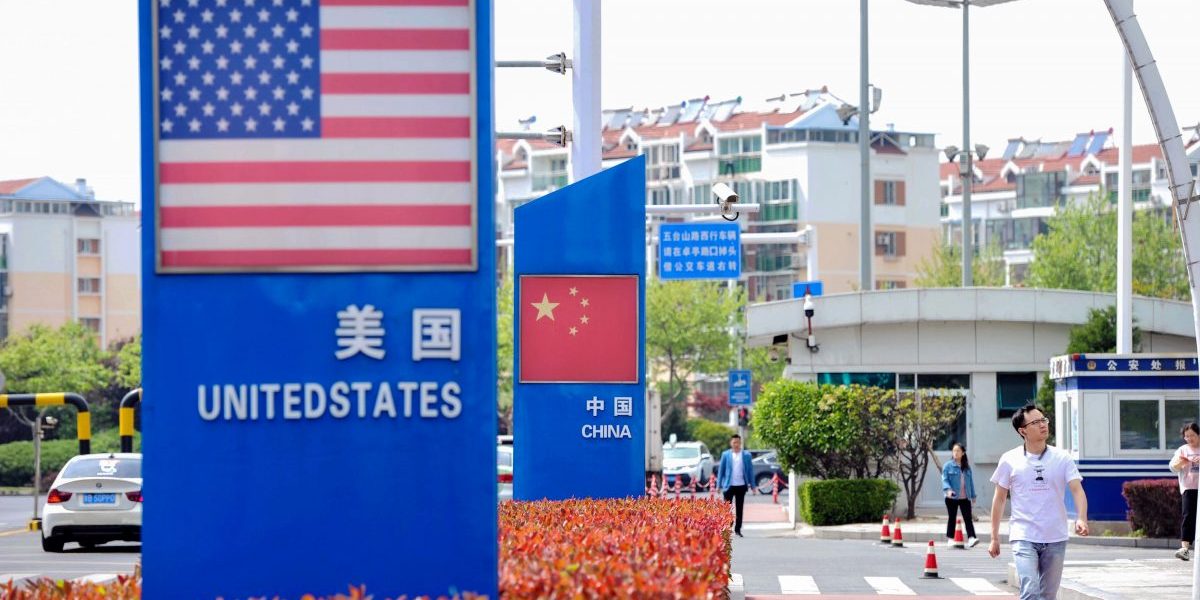The multilateral trading system continues to face ongoing challenges to its legitimacy. An inability to resolve the Doha Development Agenda’s deadlock and the ongoing trade dispute between the United States and China has done little to build confidence in the World Trade Organisation’s (WTO) mandate to oversee the rules of trade between nations. Added to this deadlock has been the challenges facing the WTO’s Appellate Division and suggested WTO reforms.
Many questions surround the possibility for WTO reform and what that could look like, the differences emerging in viewpoints amongst the various negotiating blocs, and how developing countries could help shape and inform any potential future reforms to the WTO’s rules-based system. Similarly, although many analysts are closely following the trade dispute between the US and China, existing discussion often focuses on the impact that the two countries’ disagreements could have on their domestic economies. However, given Africa’s often under-developed economies and that fact that there is little to cushion them from global economic instabilities, it remains to be seen what impact the current trade war will have on developing economies, particularly African ones.
Joel P. Trachtman is Professor of International Law at The Fletcher School of Law and Diplomacy. Professor Trachtman has served as a member of the Boards of the American Journal of International Llaw, the European Journal of International Law, the Journal of International Economic Law, the Cambridge Review of International Affairs, and the Singapore Yearbook of International Law.
He has consulted for a number of governments and international organisations, including the United Nations, the World Bank, and the OECD.


